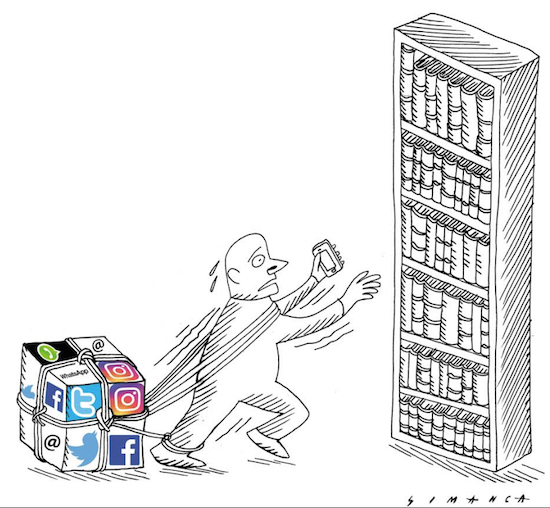OPINION: 10 best books of June: Christian Science Monitor’s picks

1. “We Begin Our Ascent,” by Joe Mungo Reed. Debut novelist Joe Mungo Reed propels readers through the fascinating competitive sports world of the Tour de France. Professional cyclist and reluctant illegal doper Sol examines his days as athlete, husband of a brilliant scientist, and new father with a humorous, philosophical lens. The narrative is richly poetic and smartly suspenseful, with themes of sacrifice, loyalty, and morality.
2. “Reporter,” by Seymour M. Hersh. Seymour M. Hersh, who has won just about every prize journalism can bestow, has written a memoir telling the story behind his stories, including his groundbreaking work on the My Lai Massacre and Watergate. Ultimately the book yields up a warts-and-all picture not just of Hersh but of an entire era of journalism. It’s the most captivating account of the field since Judith Miller’s 2015 work “The Story.”
3. “Frenemies,” by Ken Auletta. Media critic Ken Auletta offers a contemporary examination of the advertising industry. It’s a business that has undergone changes so dramatic that the field sometimes seems to be in free fall as social media undermines and replaces traditional ways of doing business. Auletta has produced a book that is insightful and highly readable.

Brooklyn Boro
View MoreNew York City’s most populous borough, Brooklyn, is home to nearly 2.6 million residents. If Brooklyn were an independent city it would be the fourth largest city in the United States. While Brooklyn has become the epitome of ‘cool and hip’ in recent years, for those that were born here, raised families here and improved communities over the years, Brooklyn has never been ‘uncool’.